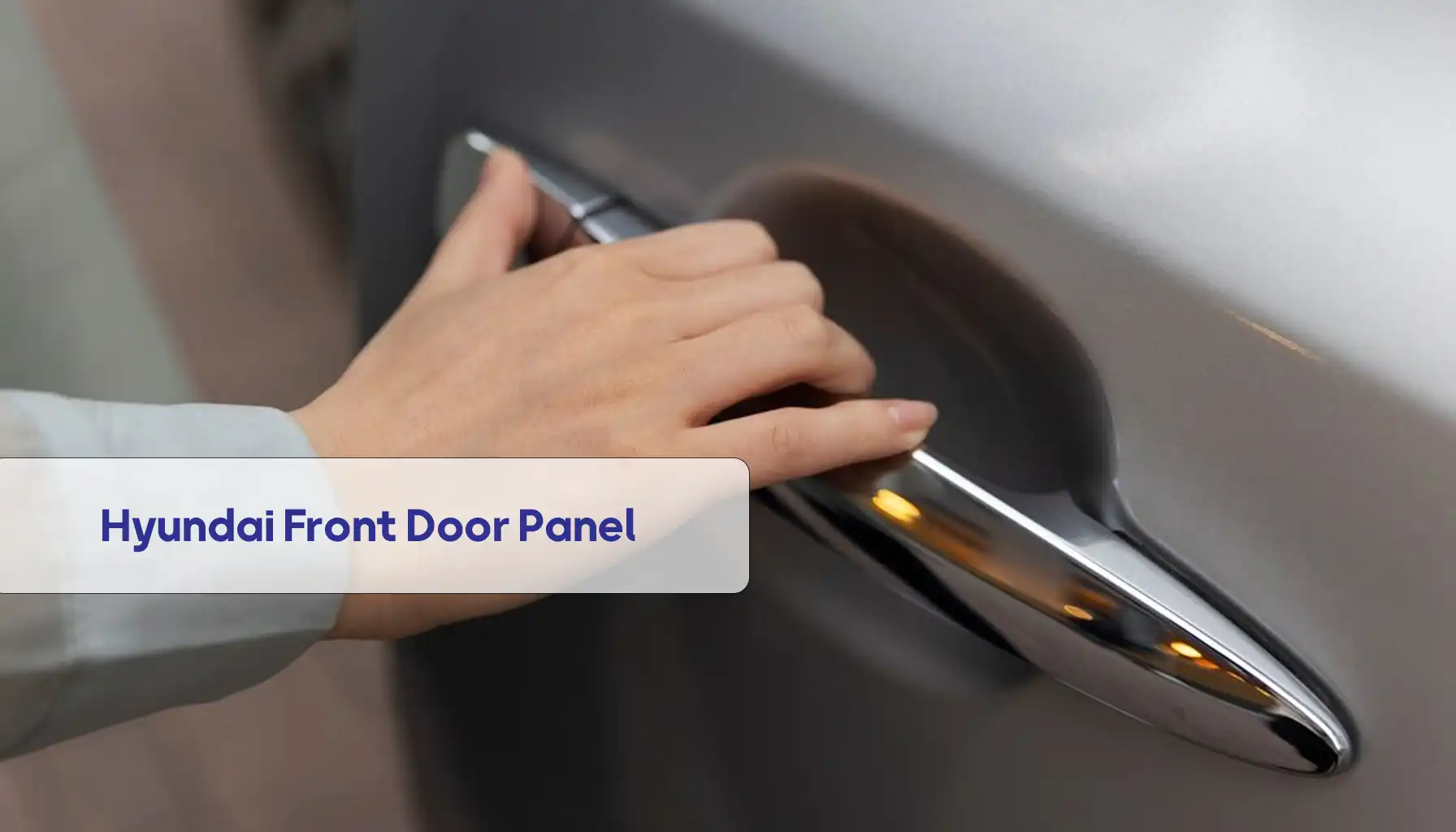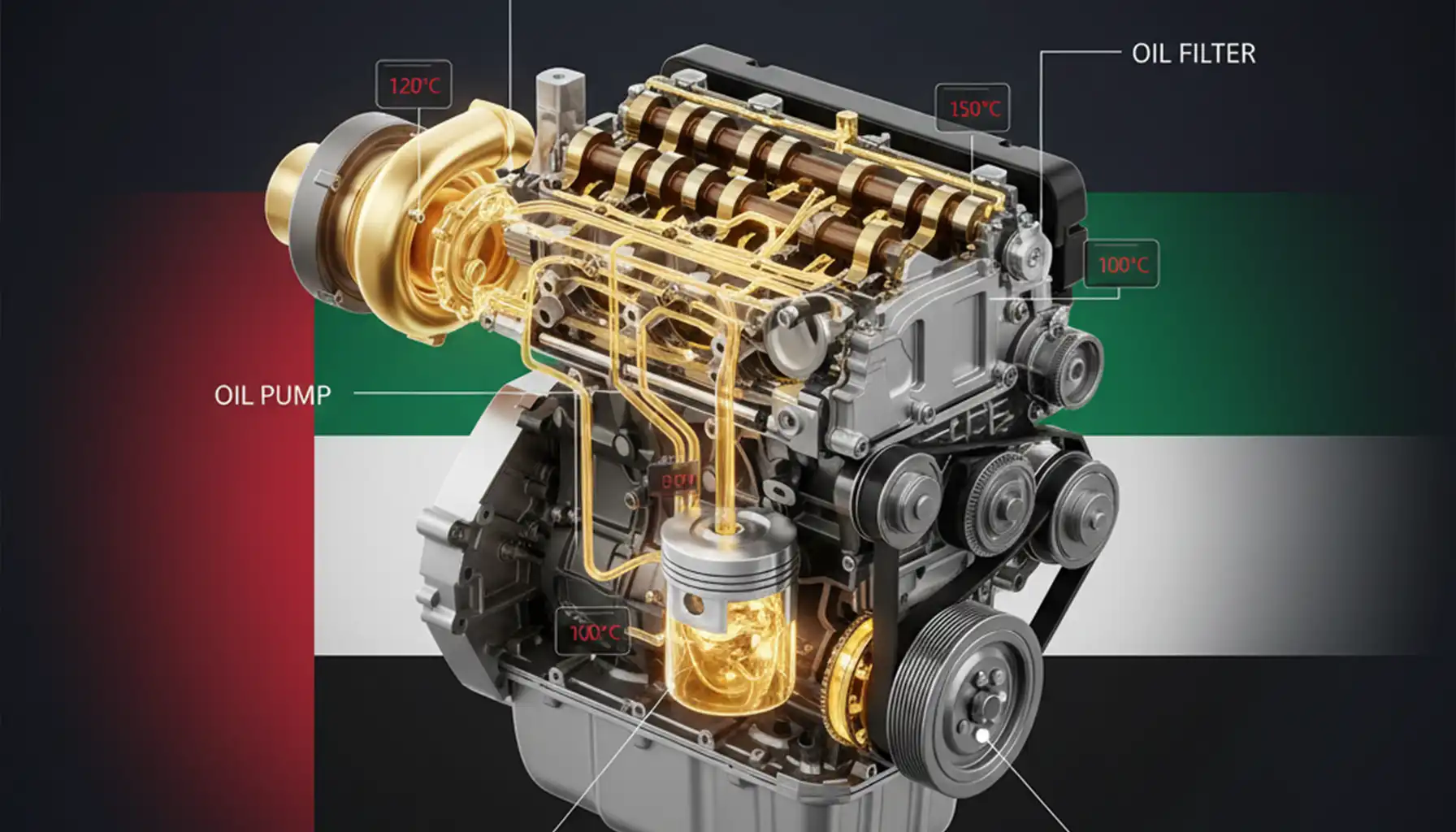Hyundai fuel pump plays a critical role in maintaining your Hyundai Sonata in great working condition. Its major responsibility involves the transfer of fuel from the gas tank upwards to the waiting engine, maintaining appropriate fuel pressure for proper running of the engine.
However when it starts to fail, it can lead you to many performance issues ranging from reduced fuel efficiency to complete failure of the engine. Identifying symptoms and proper diagnosis of a faulty fuel pump is very helpful in order to avoid very costly repairs and potential safety hazards.
This article will take a closer look at diagnosing symptoms, what are the usual causes of Hyundai fuel pump failure, and how to diagnose it precisely.
This guide is targeting owners of Hyundai Sonata models who are concerned with the integrity of the fuel system and the fuel pump in particular.
Symptoms of a Faulty Hyundai Sonata Fuel Pump
Different warning signs must be identified in order to diagnose a problem with the fuel pump. There are several symptoms associated with a bad fuel pump; most of them could easily be confused with other types of engine problems. One symptom of a failing Hyundai fuel pump is problems in starting the engine.
This may be due to the fuel pump not delivering sufficient fuel pressure, which would explain why the car would take several attempts before it would start or would have an especially long crank time before turning the engine over.
This may be caused by deteriorating internal parts within the Hyundai fuel pump or due to obstructive conditions in the fuel system.
Other easy ways to tell if you have a failing Hyundai fuel pump include poor acceleration and a general lack of power. If you notice it feels like your Sonata is struggling under pressure when you mash down on the gas pedal, or if it hesitates/stalls during acceleration, this may be because the fuel pump cannot provide a constant stream of fuel to the engine.
This has a tendency to occur with a failing Hyundai Fuel pump that does not maintain the required fuel pressure. An engine that stutters or misfires can also indicate fuel pump issues, especially at high speed or under load, such as when driving uphill.

Other times, the problems with the fuel pump are characterized by increased consumption of fuel. This may be the case when there is no change in driving habits yet your Sonata’s fuel consumption seems to increase. It simply means the engine uses more fuel to compensate for the lack of proper fuel delivery. These kinds of issues are normally associated with a faulty fuel pump or clogged fuel filters.
Common Fuel Pump Failure Causes
Various causes are possible for premature failure in Hyundai fuel pumps installed in Hyundai Sonata cars: the most common would have to do with adulterated or poor-quality fuel.
if dirt, rust, or other contaminants find their way into the fuel tank, they may eventually block the Hyundai fuel pump or filters, forcing the pump to overwork and fail. Another factor which will drastically shorten the life span of a fuel pump is operating the vehicle on a near-empty gas tank.
Gasoline cools and lubricates the parts of the fuel pump, so running nearly on empty can make the pump overheat and wear out, causing it to deteriorate sooner than necessary. Other culprits include clogged fuel filters. Fuel filters are supposed to catch debris and prevent it from entering the fuel lines and engine. In contrast, it is clogged and restricts fuel flow, therefore having the opposite effect of working the pump harder and placing increased wear on its motor. Other possible failure is inoperable fuel pressure regulator; the result of this situation will be over-delivery or under-delivery of the fuel by the pump, conditions leading to the long-term failure of the engine.
Maintaining your Hyundai Sonata means that everything in your car should be as good as new, and this includes the fuel pump, among other components. The fuel system issue ranges from engine problems to other important components, the replacement of which will be capable of conducting with good quality spare parts, saving you from further trouble. Whether you are looking for Hyundai spare parts in Dubai, ArsinTrading is one trustworthy associate. We will be offering a wide range of genuine Hyundai spare parts for giving your car an ever-reliable and efficient run for perfect driving on the road.
How to Diagnose a Failing Hyundai Sonata Fuel Pump
Diagnosis of a malfunctioning Hyundai fuel pump integrates warning signs through listening to the performance and observation of the vehicle, using various diagnostic tools to test the fuel system.
The easiest way to detect a problem with the Hyundai fuel pump is by listening for peculiar noises. A good fuel pump should hum softly and low at a constant pace while the car is running.
However, if the pump makes loud buzzing or whining noises, this may indicate the wearing out of internal mechanisms.
Another easy test for diagnosis is to check the fuel pressure using a fuel pressure gauge. First, find the fuel pump access panel, located under the rear seat or in the trunk.

Connect the pressure gauge to the fuel line, then turn the ignition to “on” without cranking the engine. The Hyundai fuel pump should turn on and provide a constant flow of fuel pressure. It should read within specifications according to the manual of the Hyundai Sonata, usually around 4 to 6 bar or 58 to 87 psi. If the pressure is too low or if there is no pressure at all, then the pump may need to be replaced.
For this, an electrical test would be required to ensure voltage properly comes to the Hyundai fuel pump. This can be checked with a multimeter by testing the power supply at the electrical connector on the fuel pump. If the voltage is lower than it should be or if there is no voltage, then the problem is not with the pump itself but may be within wiring or at the fuel pump relay.
Preventing Fuel Pump Failure
Although some fuel pump failure is inevitable due to simple wear and tear, there are several steps that can be taken to help extend the life of a Hyundai Sonata’s fuel pump.
Maybe the most important one is not to drive on an empty tank. Keeping a gas tank at least a quarter full can keep the Hyundai fuel pump properly lubricated and cooled down by the gasoline. Other ways to avoid clogging up the fuel system: use good quality fuel and change the fuel filter regularly.
Furthermore, along with fuel system components, good engine condition is crucial for superior performance of your vehicle. At Arsin Trading, we care about the need for reliable parts for your Hyundai, and therefore we store a range of quality Hyundai engines in Dubai. Whatever your needs are-from an exchange of an engine to maintenance parts-we are ready to help you with expert advice and a full range of spare parts. Never hesitate to contact us for any and all of your Hyundai spare parts needs and keep your car running like new.
The best way to find out problems with Hyundai fuel pumps in time is to perform regular maintenance. Inspection of the fuel system by a mechanic at least once every year may serve to identify problems before they cause serious damage.
These include mechanics who would test the fuel pressure, inspect the electrical connections, and ensure the fuel filters are clean and operational.
Conclusion
Fuel pump failure in a Hyundai Sonata can lead to serious performance issues and costly repairs if not addressed promptly. By understanding the symptoms of a failing Hyundai fuel pump—such as difficulty starting the engine, poor acceleration, and increased fuel consumption—owners can take proactive steps to diagnose and address the problem before it worsens. This means regular maintenance will go a long way in ensuring a prolonged life for the fuel pump, including the quality of fuel used in the car and its fuel filter replacement. Suspect the failure of a fuel pump if you find anything mentioned above; call professional mechanics immediately, as this may be the cause of further deterioration in the car’s performance.



